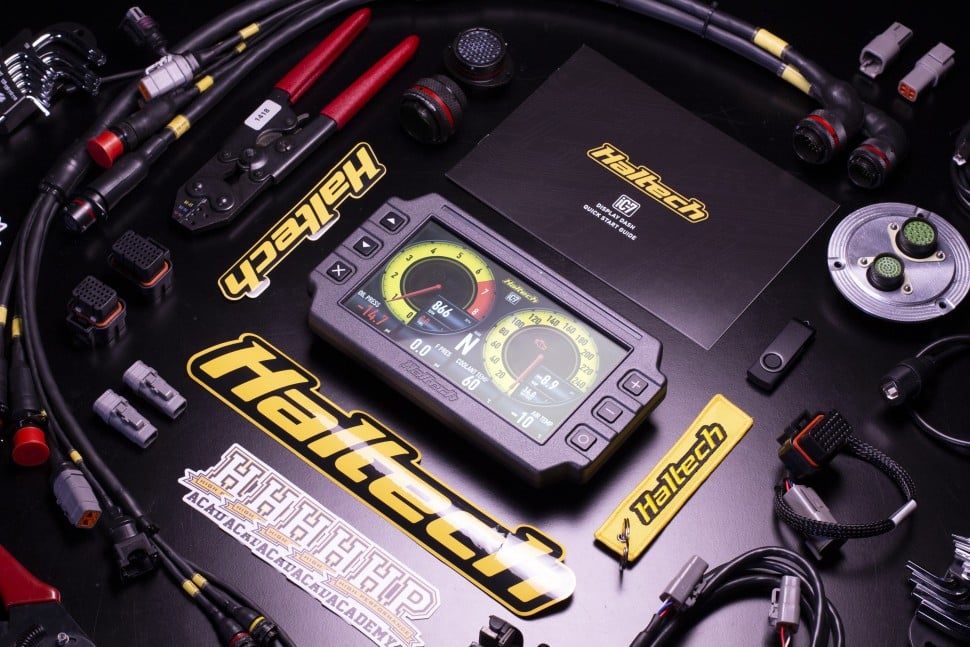And we’re back! After a few weeks away from the microphone, we’re jumping back into the Tuned In podcast with our longest and tech-heaviest episode yet — one that will satisfy even the nerdiest listeners.
Listen on SpotifyListen on Apple Podcast
Use “DIGGLES100” for $100 off our HPA Engine Building Starter Package here: https://www.hpacademy.com/hpa-engine-building-starter-package/
This week, we’re talking to Australia’s Ben Diggles. Ben is somewhat unique as a Tuned In guest due to the fact he doesn’t work in the motorsport industry — as an accomplished marine biologist with a couple of doctorates under his belt, he’s quite far from it.

That career choice hasn’t stopped him from being one of the smartest people in the engine-building world, though, as Ben has spent his weekends for most of his adult life tinkering with cars — more specifically extremely high-output four-cylinder engines.

Down in our part of the world, Ben is well known for his work pushing Nissan’s mostly-forgotten FJ20 two-litre four-cylinder to its absolute maximum, first by building a 9.1-second Nissan S12 Gazelle street car years back that still holds the S12 world record, before moving his FJ expertise to a rear-engined dragster that has so far run a best of 6.7 down the quarter mile.

In this episode, Ben and Andre go way deep on ultra-high performance engine building, discussing different types of abnormal combustion and their causes, compression ratio considerations, mixture preparations, included valve angles, and much more.

There’s also a whole lot of FJ20 talk, including a comparison with a more modern gold-standard four-cylinder Honda K-series, as well as some surprising chats about the future of motorsport and the ever-advancing world of EVs.
There’s so much to chew on in this episode that it might require a couple of listens just to digest all the golden tech nuggets found within.
Check out Ben's pre-ignition paper and website if you're keen to push your knowledge even further.
Don’t forget, use “DIGGLES100” for $100 off our HPA Engine Building Starter Package here: https://www.hpacademy.com/hpa-engine-building-starter-package/
![089: Pushing the Limits of Nissan’s Forgotten Turbo 4-Cylinder. [PODCAST] - Featured Image](/assets/Uploads/blog-posts/355d55f19e/Letterbox__FillWzc4MCw0MzBd.00_00_00_04.Still018.png)






Comments
- nshobe
24 months ago
Used fj24 cranks, single skirt pistons.
Turbonetics turbo, nizmo rods, etc etc. On methanol 680 ft pounds of torque at 3200 rpm.
20 years ago mind you
- alxcar New Zealand
24 months ago
No one has commented on this page yet.